26 2月 Aluminum Casting Filtration Ceramic Foam Filter
Aluminum Casting Filtration Ceramic Foam Filter has many advantages such as good chemical stability, high specific strength, high temperature resistance, thermal shock resistance, and large specific surface area.
It is widely used in metallurgy, chemical industry, environmental protection and other fields.
In metallurgy, the use of ceramic foam filter plates to remove heterogeneous impurities in the lead melt, such as slag and inclusions, is one of the most effective melt purification methods.
Studies have shown that while removing slag, it can also reduce the hydrogen content in the aluminum melt.
Because of its good slag removal effect, simple operation, easy matching with other parts, and low cost, it has become a conventional purification method in the aluminum processing industry.
As the requirements for the quality of aluminum products are getting higher and higher, the requirements for the Ceramic Foam Filter are also getting higher and higher.
Shrinkage and porosity are one of the main defects of castings. The reason is that the liquid shrinkage is greater than the solid shrinkage.
It was found in production that the smaller the solidification range of cast aluminum alloys, the easier it is to form concentrated shrinkage cavities, and the wider the solidification range, the easier it is to form dispersive shrinkage cavities.
Therefore, the design must make the cast aluminum alloy conform to the principle of sequential solidification, that is, the volume shrinkage of the casting from liquid to solidification should be supplemented by the alloy liquid, and the shrinkage cavity and looseness are concentrated in the outer riser of the casting.
For aluminum alloy castings that are prone to be scattered and loose, the number of risers is more than that of concentrated shrinkage holes, and chilled iron is set in the places that are prone to looseness to increase the local cooling rate to make it solidify at the same time or quickly.
Fluidity refers to the ability of the alloy liquid to fill the mold. The fluidity determines whether the alloy can cast complex castings. Eutectic alloys have the best fluidity among aluminum alloys.
There are many factors that affect fluidity, mainly the composition, temperature, and solid particles of metal oxides, metal compounds and other pollutants in the alloy liquid, but the fundamental external factors are the pouring temperature and pouring pressure (commonly known as pouring pressure) The high and low movements.
Aluminum Casting Filtration Ceramic Foam Filter is very important to the quality of aluminum melt, and it greatly affects the subsequent processing performance and the quality of the final product. Therefore, all countries in the world wish the purification of aluminum melt very seriously.
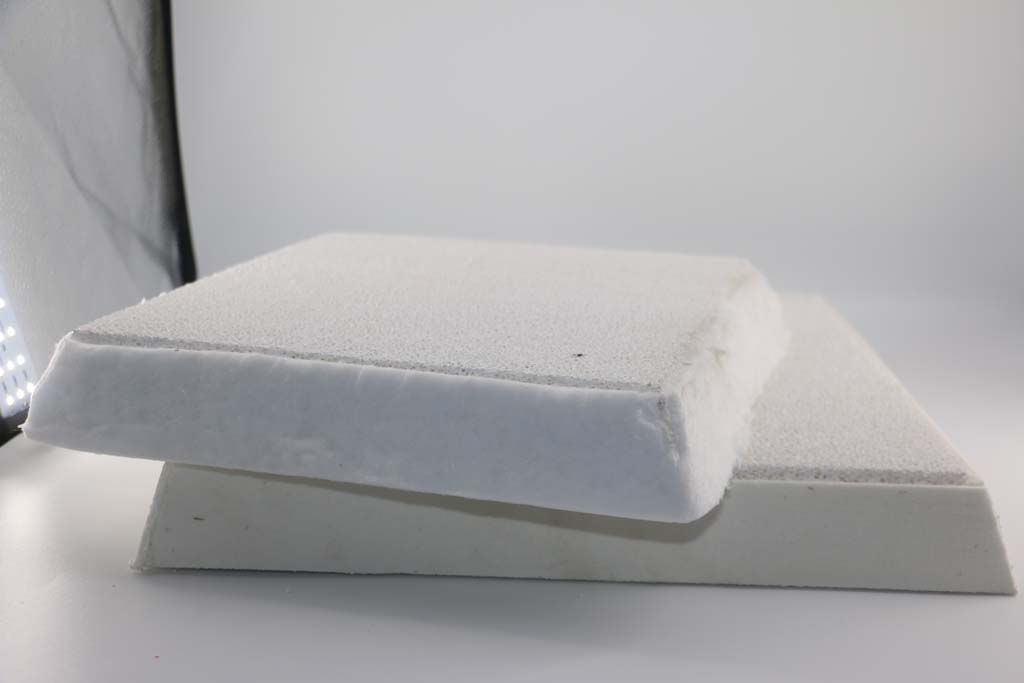


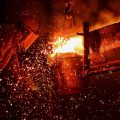
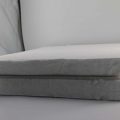
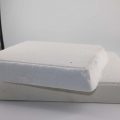
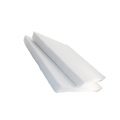
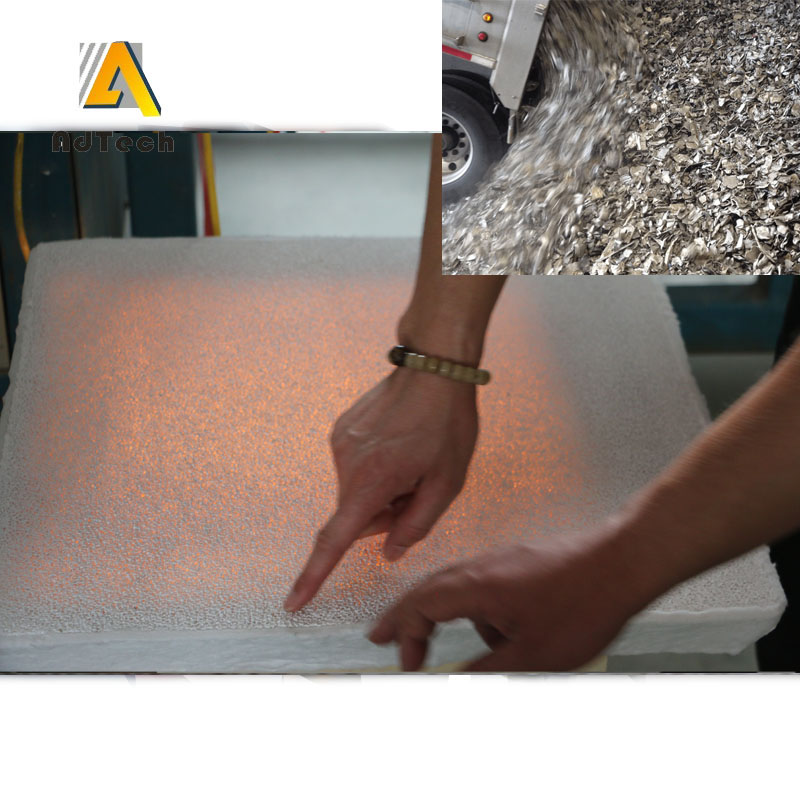
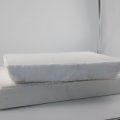
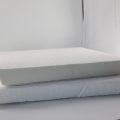
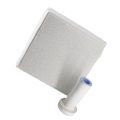
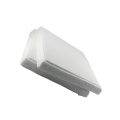
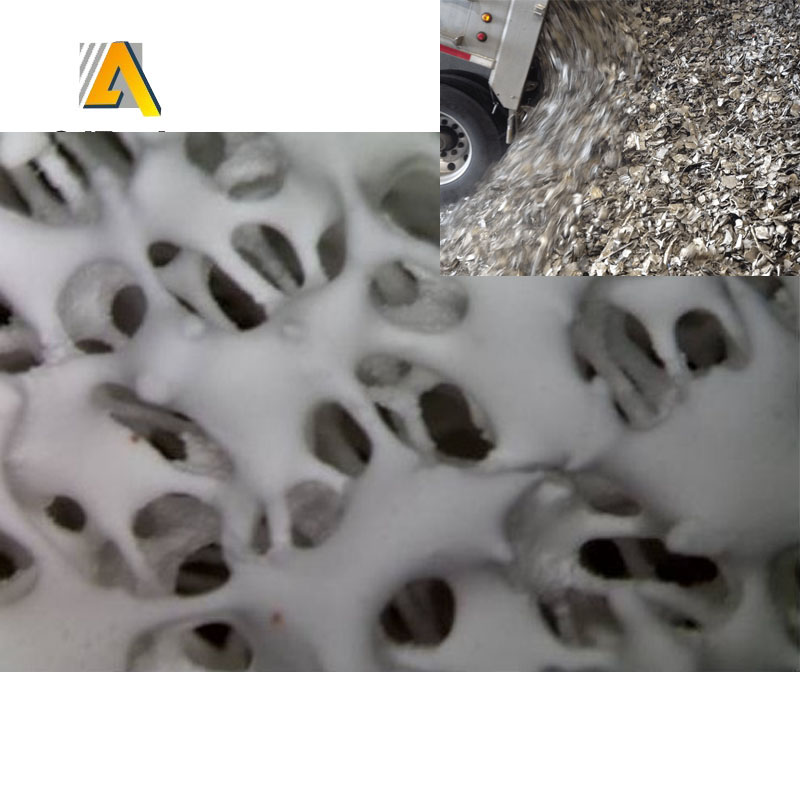
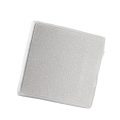
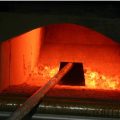
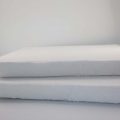
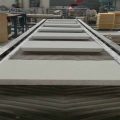
No Comments